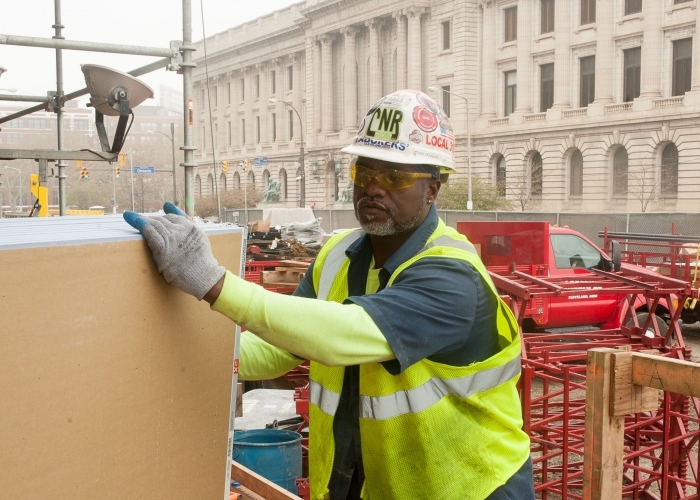State Legislation Would Hinder Construction Recruitment
Two bills under consideration in the Ohio General Assembly -- House Bill 180 and Senate Bill 152 -- seek to prohibit local governments from requiring that contractors employ a certain number of residents within a geographic area on a construction project.
Dave Wondolowski, Executive Secretary of the Cleveland Construction Building Trades, wrote in a Plain Dealer opinion piece,
In my role as the representative for all of the construction unions in Cuyahoga, Lake, Geauga and Ashtabula counties, I must point out that these types of requirements help to promote economic growth in a community from the inside.
He continued, "For example, when a developer chooses to invest in Cleveland, he makes an investment not only in a project but in the city itself by agreeing to employ a percentage of local construction workers to help build and thereby benefit from the project. Further community investment by the developer can come in the form of a commitment to hire local people to work in the building after it is built."

The Construction Employers Association supports the City of Cleveland's Fannie M. Lewis Cleveland Resident Employment Law (the "Fannie Lewis Law"), which helps the industry recruit a diverse, Cleveland-based workforce for local projects. Recently, the public-private diversity effort including the City of Cleveland, the Greater Cleveland Partnership, Cleveland schools and several community-based organizations, has incorporated the Fannie Lewis Law as one of its central components.
The Fannie Lewis Law works because it is broad-based. HB 180 and SB 152 would invalidate the Fannie Lewis Law and similar Cuyahoga County initiatives, which would greatly reduce the scope and effectiveness of what we are trying to accomplish locally. Local governments should retain the ability to shape how local development dollars are put to work. What works in one area might not in another so a blanket ban on such initiatives is not the solution. The Fannie Lewis Law works. Therefore, we urge our State Senators and Representatives to vote against HB 180 and SB 152.
